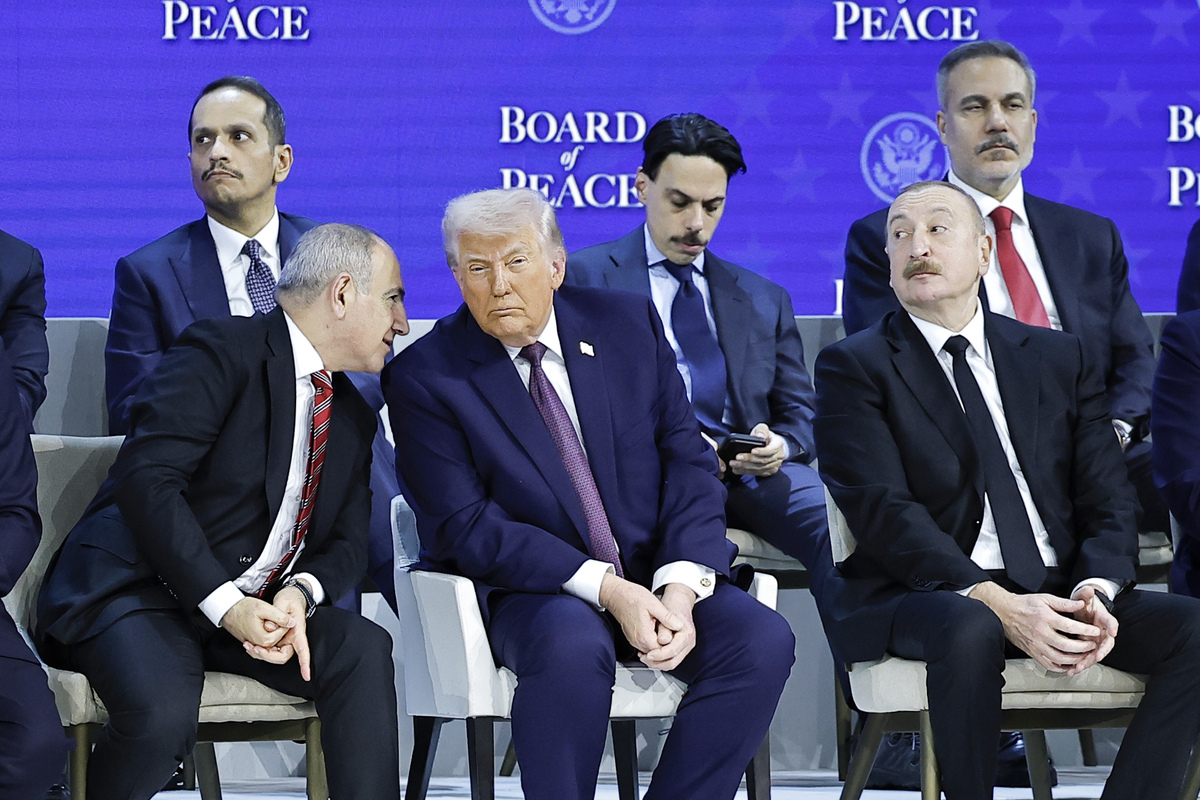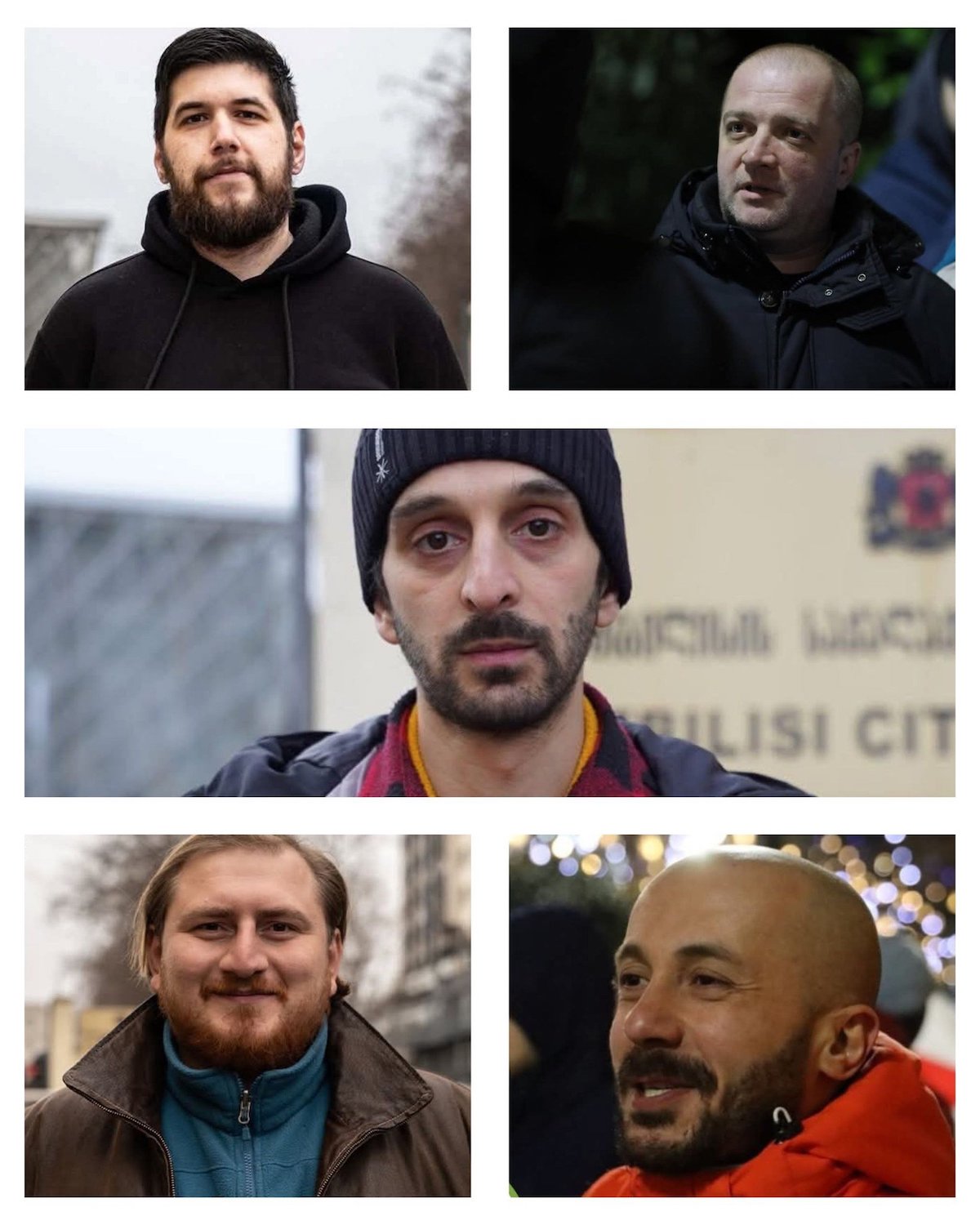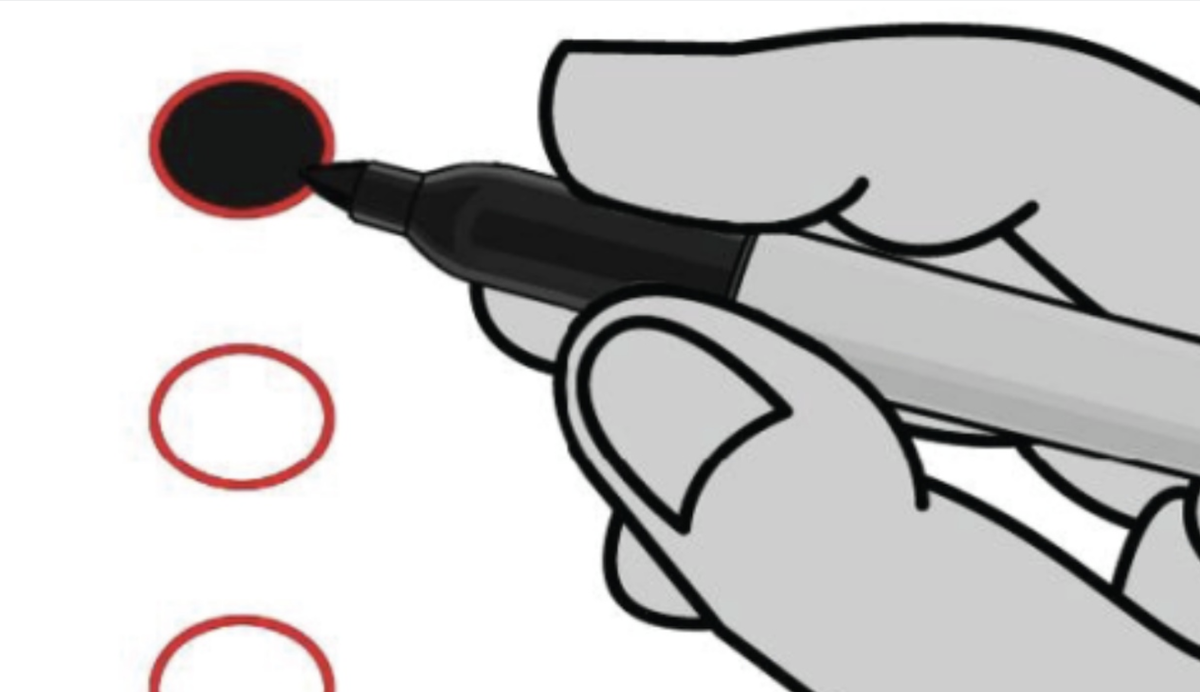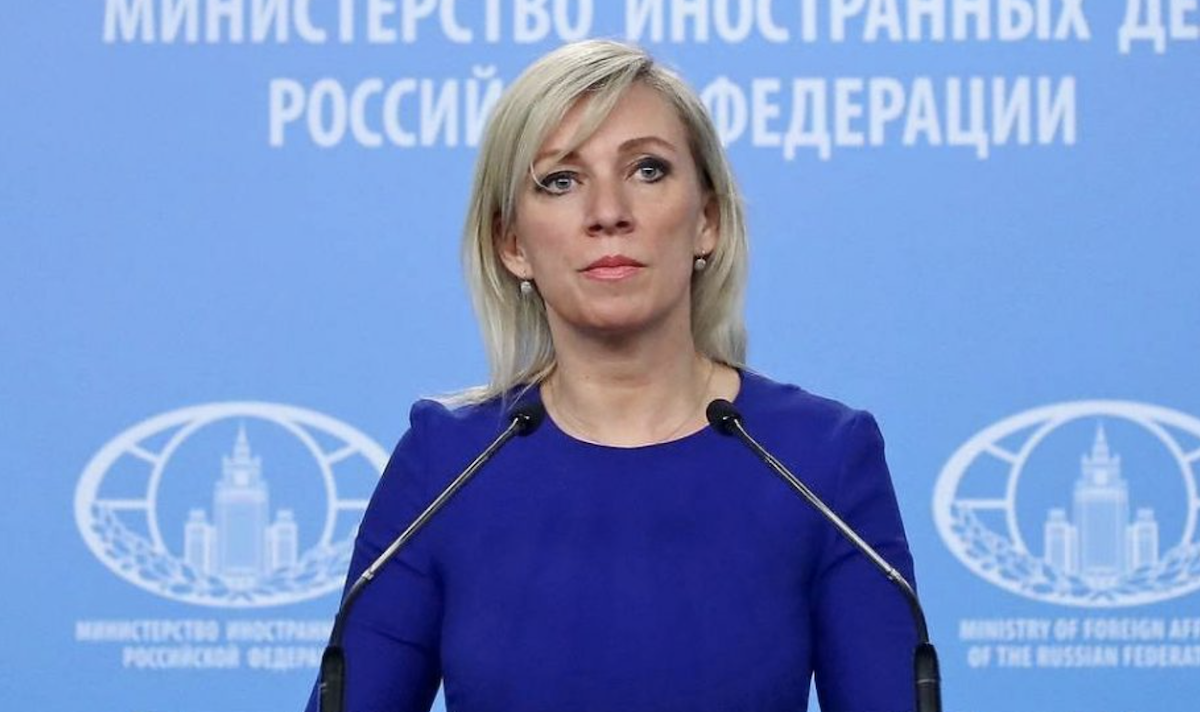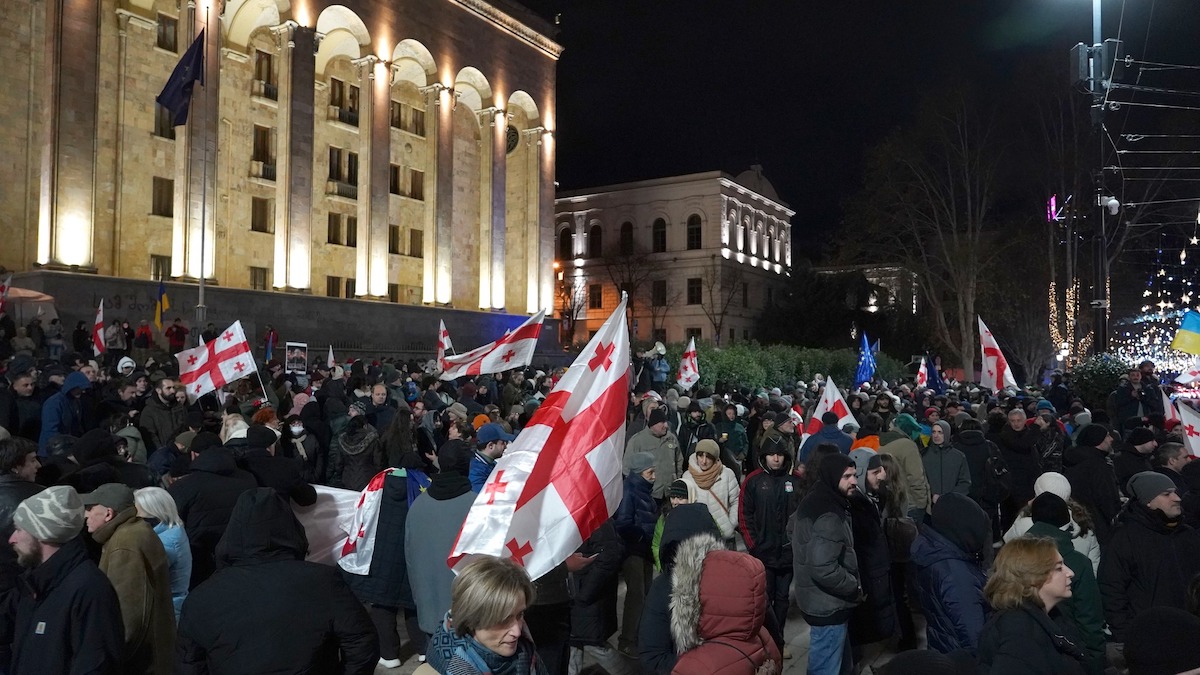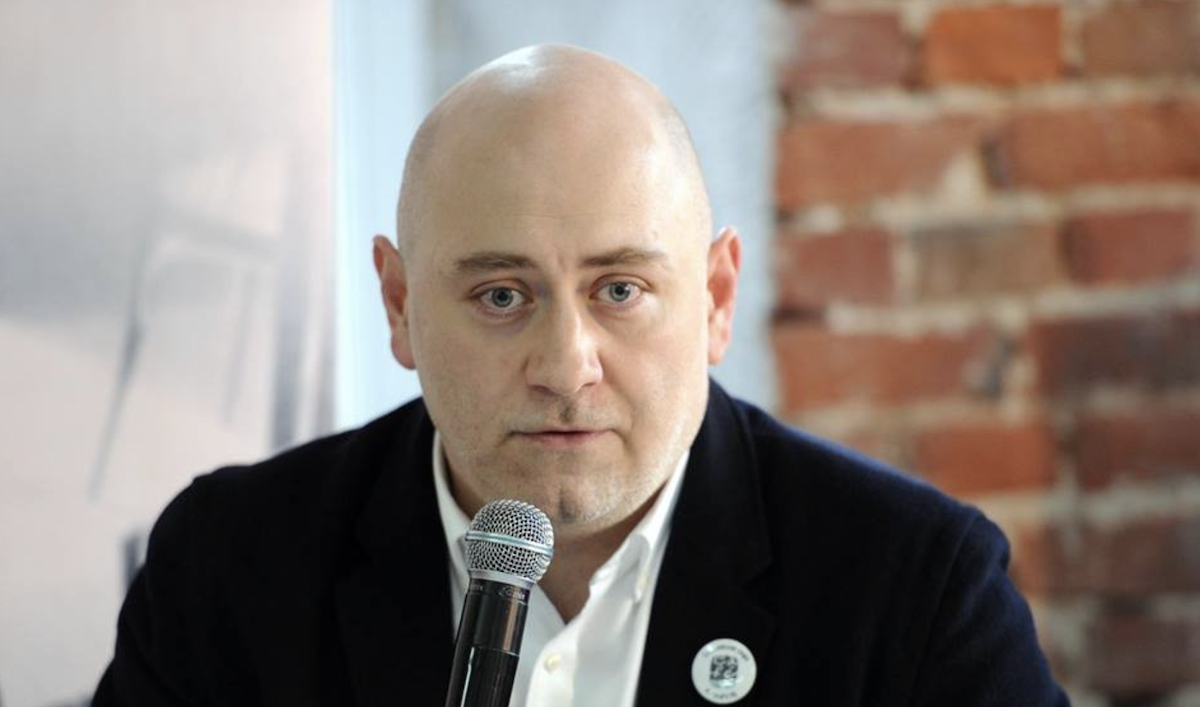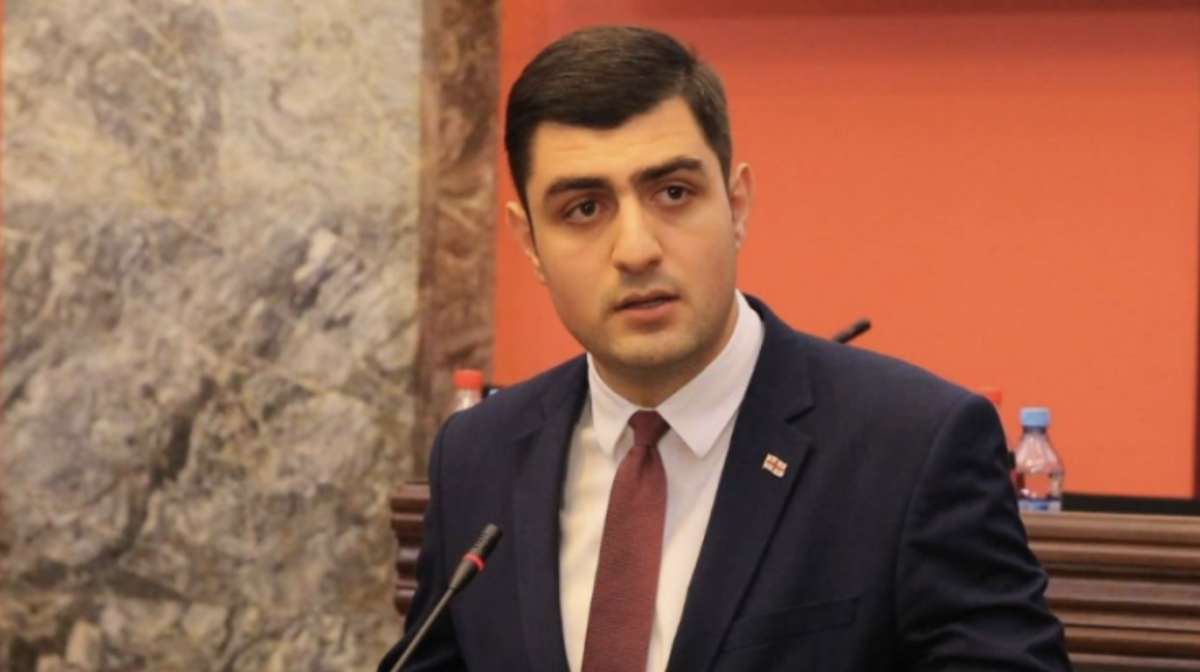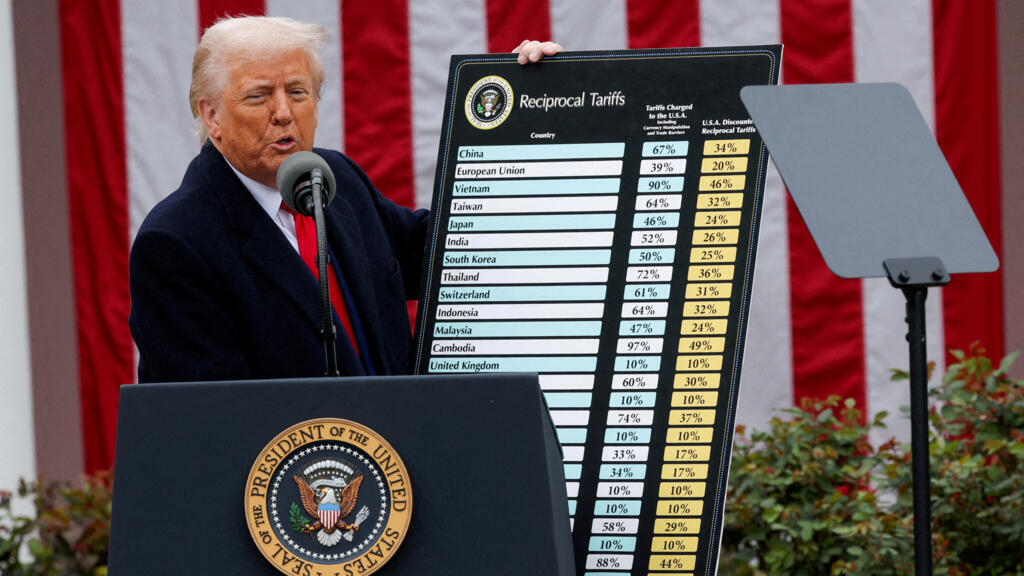Georgian president to country’s Armenian population: learn Georgian
A trip to a fish farm; discussions on the importance of knowledge of the Georgian language and on the possibility of having dual Georgian-Armenian citizenship; school art lessons; and prayer in the Surp Khach Church were the main highlights of Georgian President Salome Zurabishvili during her two-day visit to the region of Samtskhe-Javakheti.
Zurabishvili visited the Akhalkalaki and Ninotsminda districts which are largely inhabited by Armenians. This was her first visit to the region since she was elected as president.

The last time Zurabishvili came to the region was in October 2018 while she was still a presidential candidate. While meeting with the local Armenian population at the time, she made statements which caused anger in Tbilisi. Her comments touched on the history of Armenian-Turkish relations.
• Georgian presidential candidate accused of xenophobia after meeting with voters in Javakheti region
• Who is Salome Zurabishvili – Georgia’s new president?
Zurabishvili started her trip on 13 April with a visit to a well-known fishery in the region. Its owner, businessman Armen Khachatryan, gave the president a tour and invited her and other guests to a trout and caviar tasting.
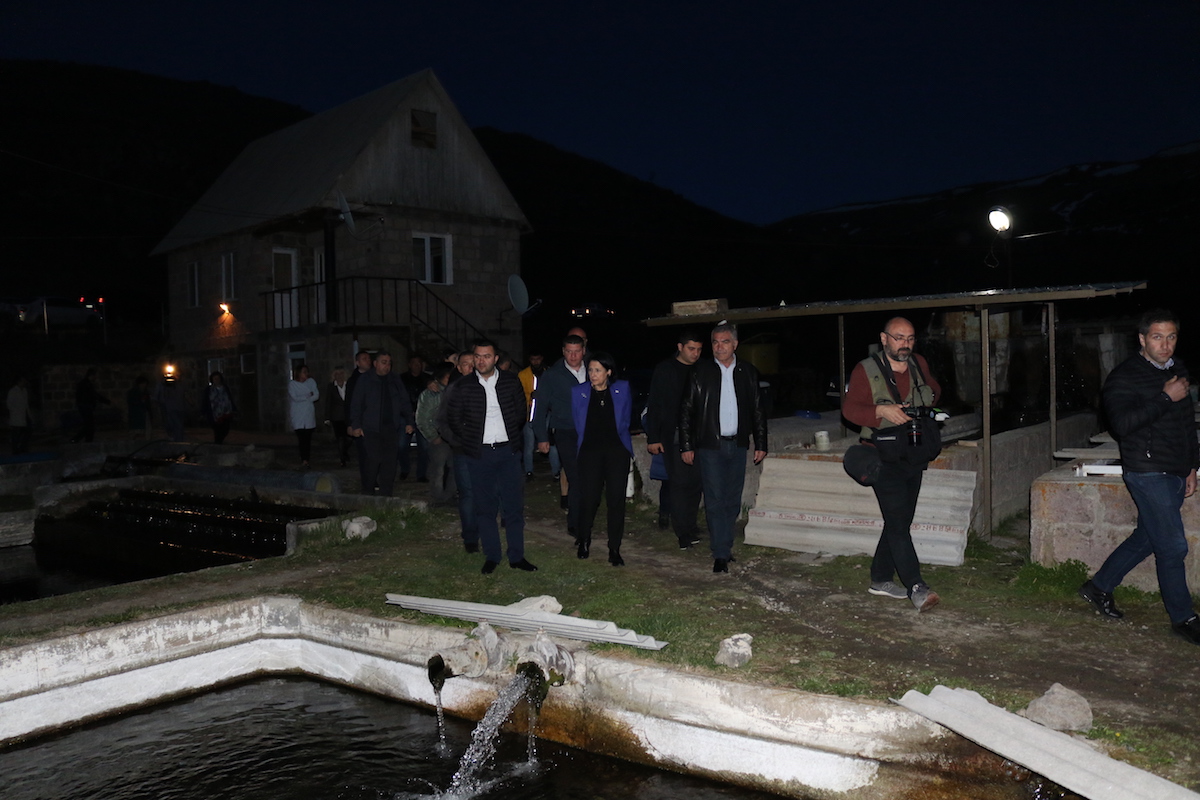
The Georgian language and double citizenship
The next day of the visit was devoted to the Georgian language.
Zurabishvili visited a local Georgian school and an art school where she spoke about the importance of knowing Georgian as the state language for the residents of the region.
“Language is the main door in our relations, culture, and in strengthening the state. I am responsible for ensuring that the Georgian language in this country is a real state language, a language of all its citizens,” said Salome Zurabishvili.
• Armenian language in Georgia: pros and cons of the official language status
Zurabishvili also spoke about important amendments to the legislation adopted in the summer of 2018, which gave the right to citizens to restore their Georgian citizenship if it had been lost while accepting citizenship of another state.
“The state met the requests of the population – and expects the population to take reciprocal steps, in particular with regards to the Georgian language,” Zurabishvili noted.
For thousands of local residents, these amendments became a way out of a very difficult situation. High unemployment forces locals to go to work in Russia where they accept Russian citizenship. Also, many receive Armenian citizenship.
But dual citizenship is prohibited in Georgia, and leads to the automatic loss of Georgian citizenship.
A change in the law allows for the restoration of citizenship without losing the citizenship of another country. One of the conditions for this is passing a Georgian language knowledge test.
“I have a very great desire to make all [residents of Javakheti] become full-fledged citizens of Georgia. But for this it is necessary that … you also take this step … to learn the language at the level in order to pass this small exam, necessary for the restoration of citizenship. This is to a large extent a symbolic test, but it means a lot,” said Zurabishvili.
The president said that “the state will spare no effort and will try to make Georgian more accessible, especially for children”.
One of the steps, she said, will be the opening of a Georgian-language kindergarten in Akhalkalaki.
Zurabishvili also visited Surp Khach Church, which is popular in the region, and met with its Abbot Ter Yeghishe Arutunyan.

On the way back to Tbilisi, the president spent some time in St Nino’s monastery in Poka village.










